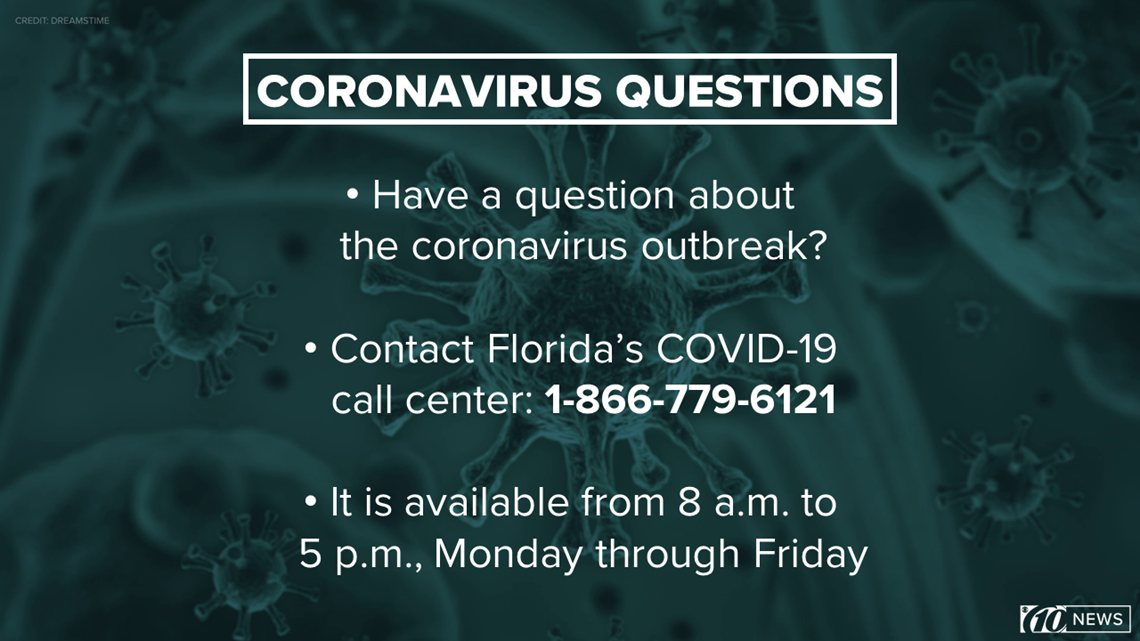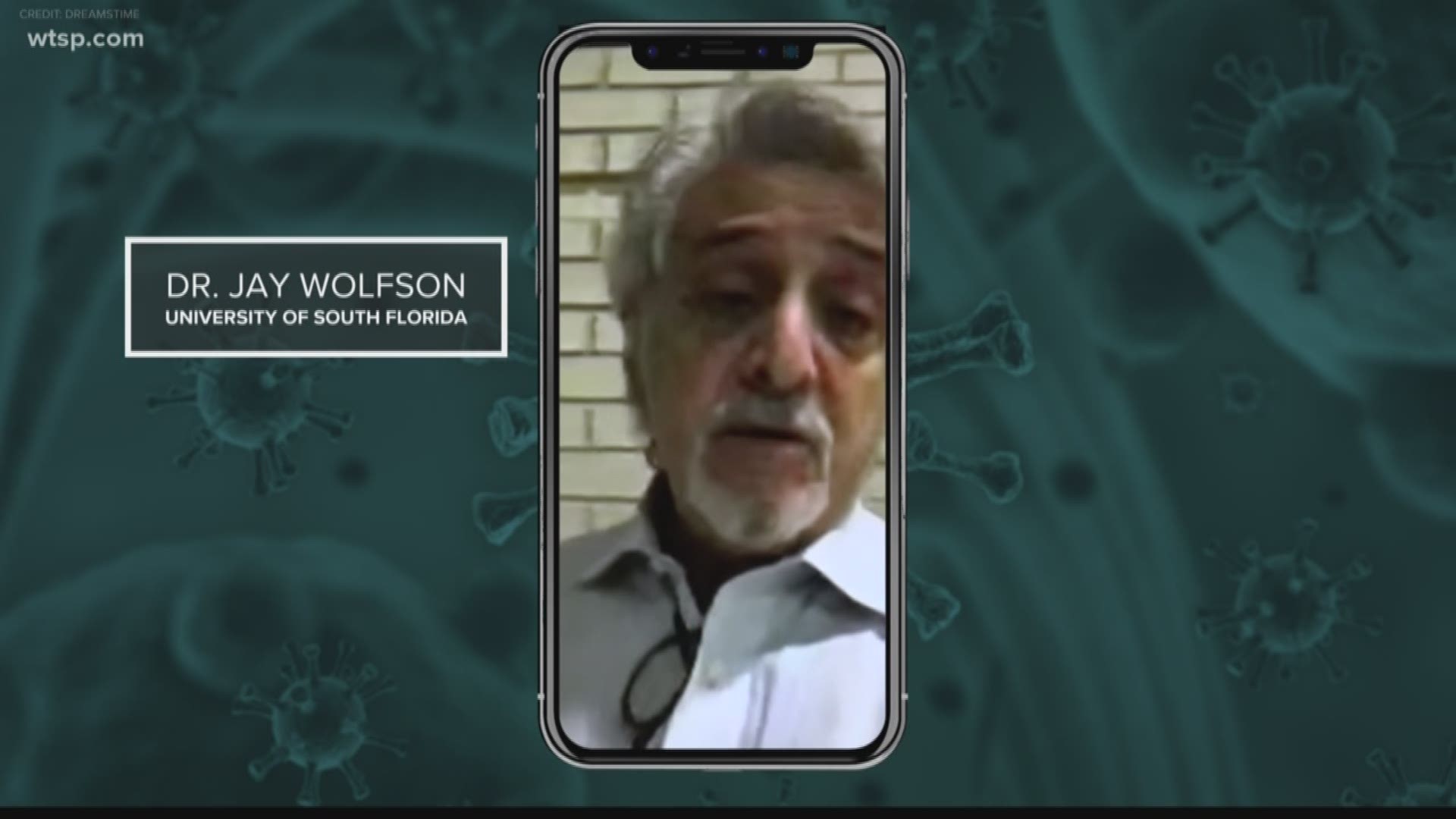ST. PETERSBURG, Fla. — A woman in her 20s in Hillsborough County is self-isolating in her home after testing positive for COVID-19.
A man in his 60s from Manatee County is hospitalized after testing positive for the novel virus.
But where exactly do they live – and why won’t health officials say, is the question many people continue to ask.
The answer is simple: They have the same privacy rights under state and federal laws, including the HIPAA privacy rule, we all do as patients.
A health emergency doesn’t change that, according to a bulletin issued by the U.S. Department of Health and Human Services’ Office for Civil Rights.
There are certain circumstances when certain personal health information can be disclosed—like to warn others who might be at risk of contracting or spreading a disease or condition, the bulletin explains. But even then, the information is limited under the law to only what is deemed “minimum necessary.”


“Nothing reported can directly or indirectly identify a patient who has a disease,” said Jay Wolfson, health policy expert with the University of South Florida. “Think about it, that could affect people with AIDS, schizophrenics who could be a danger to someone if they aren’t on medications, cancer patients, the list goes on.”
RELATED: Gov. DeSantis: Florida monitoring 184 potential coronavirus cases, 'public risk is still low'
But, Wolfson says, there could be some rare, extreme exceptions where identifiable information would be released.
“If that individual is doing something that has been determined to be a danger to the community—they’re breaking their quarantine or they’re out there doing things that are rampantly spreading risks,” Wolfson said.
He says the only time we might get more specific locations is if we start to see multiple cases, or clusters, showing up in one small area.
How long will it be before there are test kits in every doctor's office and medical center?
They won’t.
According to the Centers for Disease Control and Prevention, test kits are being shipped to state and local labs.
In Florida, there are 3 state health department labs—in Tampa, Miami and Jacksonville.
If you tell your doctor you’re sick, they would alert the county – and then the county would take a sample to send off to one of the state labs.
If the county health department wants you to get tested, they will take samples and send them to one of the three Florida labs. Those results are then sent to the CDC’s lab for further testing and confirmation.
If the regular flu virus is considered more deadly than the Coronavirus, why are we treating this virus with such caution?
This is a tough one to answer.
Millions die each year from the flu in the U.S. while roughly 3,000 people worldwide, so far, have died from Coronavirus. But the death rate in the U.S. from seasonal flu is much lower than the novel virus—typically about 0.1 percent, according to the World Health Organization.
COVID-19’s death rate appears to be higher with current estimates putting it somewhere between 1.5 to 2 percent. But there’s still a lot left to work out—mainly the issue that many mild cases could go unreported or underreported.
But as the death rate stands now, COVID-19 is roughly 10 times more deadly than the flu.
However, the death rate varies widely by age, mainly impacting the elderly with pre-existing conditions.
Compared to other global outbreaks like MIRS or SARS, data shows COVID-19 has spread much faster in a shorter amount of time.
- 2 people test positive for coronavirus in the Tampa Bay area
- Governor: Florida monitoring 184 more potential coronavirus cases
- US professor at the epicenter of coronavirus outbreak: 'Don’t panic'
- Answers to the top 10 top coronavirus questions on Google
- Who shot a dolphin and stabbed another? There's now a $54,000 reward
- Florida man sentenced to probation after taping dog's mouth shut
- Super Tuesday 2020: What you need to know
FREE 10NEWS APP:



